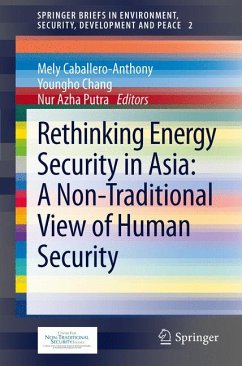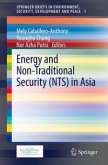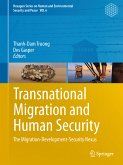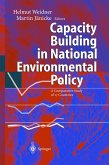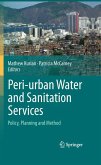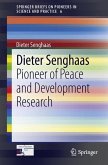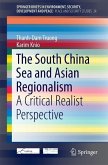Dieser Download kann aus rechtlichen Gründen nur mit Rechnungsadresse in A, B, BG, CY, CZ, D, DK, EW, E, FIN, F, GR, HR, H, IRL, I, LT, L, LR, M, NL, PL, P, R, S, SLO, SK ausgeliefert werden.
"This book is helpful in initiating a critical discussion about energy security in Asia, and deserves to be of interest to a variety of audiences, including academics, students and NGO activists whose interest is any combination of energy security, Asian studies and non-traditional security." (Kai Chen, Journal of Contemporary Asia, May, 2014)

